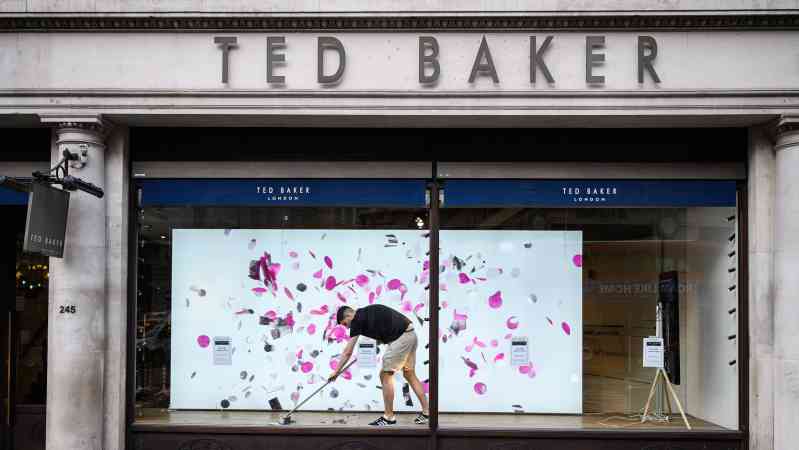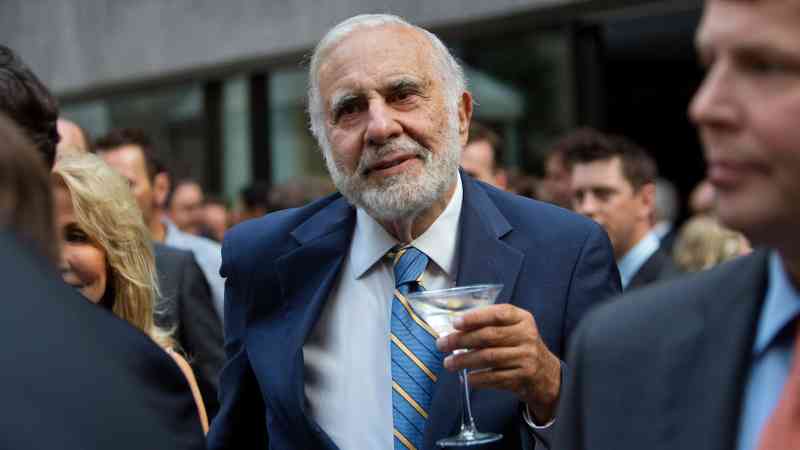Ted Baker closes remaining UK stores, putting 500 jobs at risk
The remaining 31 Ted Baker shops in Britain will close this week, bringing an end to the fashion brand’s 37 years on the high street.
More than 500 jobs are at risk, as negotiations with Mike Ashley’s Frasers Group over a future licensing partnership appear to have stalled.
No Ordinary Designer Label, the brand’s retail and ecommerce business in Britain and Europe, fell into administration in March. Since then it has shut 15 stores, resulting in about 245 staff being made redundant. Before the insolvency, Ted Baker had 46 stores in Britain and employed 975 people.
Ted Baker collapsed after Authentic Brands Group, which bought the fashion chain for £211 million in 2022, said that the “damage done” during a tie-up with another company had been “too much to overcome”. The partnership between No Ordinary Designer Label and AARC, a Dutch company that ran Ted Baker’s operations in the UK and Europe, ended in January. Authentic claimed its partner had “consistently failed to inject promised funding” into the business.
Ted Baker had also endured economic challenges in recent years, having faced weaker consumer demand and difficulties in its supply chain.
Authentic Brands, the United States-based firm behind Juicy Couture and Reebok, is still the owner of Ted Baker’s intellectual property, with Frasers said to have been discussing a deal with Authentic encompassing both Ted Baker and Reebok. However, sources told Sky News recently that no discussions were under way between the two parties.
Ted Baker was founded by Ray Kelvin, who opened his first shop in Glasgow in 1988, and the brand’s modern take on classic British fashion, with bold patterns and floral prints, rapidly gained popularity among young professionals. By 2018 it had more than 500 stores worldwide, including a big outlet on Fifth Avenue in New York.
However, it struggled after Kelvin, 68, stepped down amid allegations of “forced hugging” in 2019. He denied the claims.
Lindsay Page, Kelvin’s successor, and David Bernstein, the chairman, resigned in December of that year after a profit warning. Rachel Osborne was appointed chief executive and launched a three-year transformation plan focused on becoming digital-first. She left last year having been unable to revive the company’s fortunes. When Authentic bought the retailer in 2022, it became a privately owned company and was converted to a licensed business model.




Post Comment